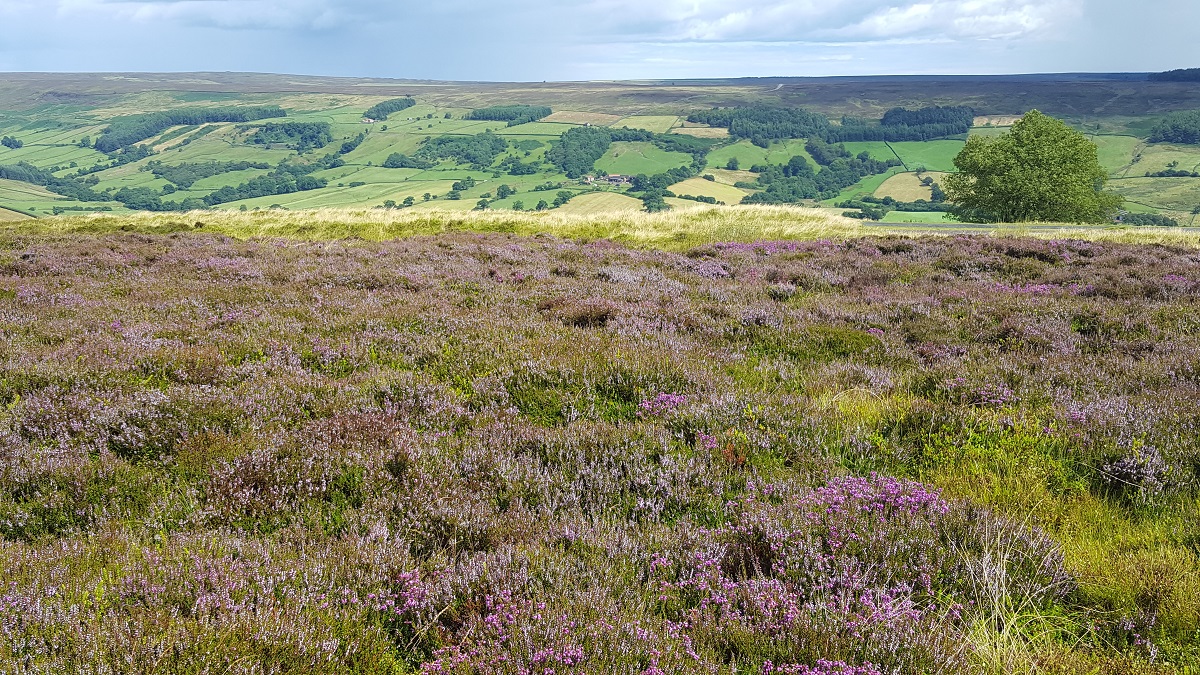 BASC is providing £25,000 of funding to support the final five years of an independent study into the management of upland ecosystems in the UK.
BASC is providing £25,000 of funding to support the final five years of an independent study into the management of upland ecosystems in the UK.
The UK’s largest shooting organisation will contribute £5,000-a-year for each of the next five years to allow researchers to conclude the 10-year Peatland-ES-UK project initiated by Defra.
Although the government has withdrawn financial support, the University of York has sought other funding streams to allow work to continue on the project.
Project manager Dr Andreas Heinemeyer plans to follow Defra’s original study timescales for the project, which covers upland areas in the Forest of Bowland, Nidderdale and Mossdale.
The research will concentrate on how management techniques, including burning and mowing of heathland, affect the blanket bog habitat and, in turn, analyse any links to climate change, biodiversity and flood risks.
Gareth Dockerty, BASC’s northern regional officer, said: “There is little creditable long-term research into the merits of various land-management techniques in the uplands.
“Those who oppose shooting often refer to the EMBER study conducted by Leeds University, which concluded that burning as a management tool causes damage and adversely affects water quality. Critics of that study would say it could have been misleading as it failed to adequately consider other factors for any decrease in water quality, for example.
“BASC believes this study by the University of York needs to continue and by supporting the project we are showing that the association is committed to best practice underpinned by quality studies and science.
“The project is already 50 per cent of the way there, and this extension will maximise any previous Defra investment.
“While it is too early to predict outcomes, the study will eventually provide valuable data to help inform debates around the management of our precious uplands for activities such as driven grouse shooting.”
Dr Heinemeyer, who is based at the Stockholm Environment Institute within the University of York, said: “The lack of available data from robust and replicated long-term studies of upland habitats and their associated management was the reason for the Defra project in the first place. It was felt that the whole debate on upland management would benefit from a balanced 10-year analysis.
“Upland systems are ‘slow’ systems and need a long-term commitment for assessing changes adequately to enable long-term predictions to be meaningful.
“It is well known and understood that increased plant and sphagnum moss communities, in particular, not only create a healthy bog that locks in carbon, but act as a sponge-reducing flood risk and filtering and improving water quality. That has a positive impact on insects, birds and wildlife.
“This research will continue to analyse the best methods for creating diversity and balance across uplands that will benefit all aspects of moorland ecosystems and the communities that live in or around these areas.”
BASC chairman Peter Glenser said: “Concerns are frequently voiced over the veracity of the Ember Report, which is quoted extensively by those who seek a ban on driven grouse shooting.
“Shooting in the uplands has much to gain from the production of solid, unequivocal research. BASC is pleased to offer its support to Dr Heinemeyer’s team over the next five years.”
